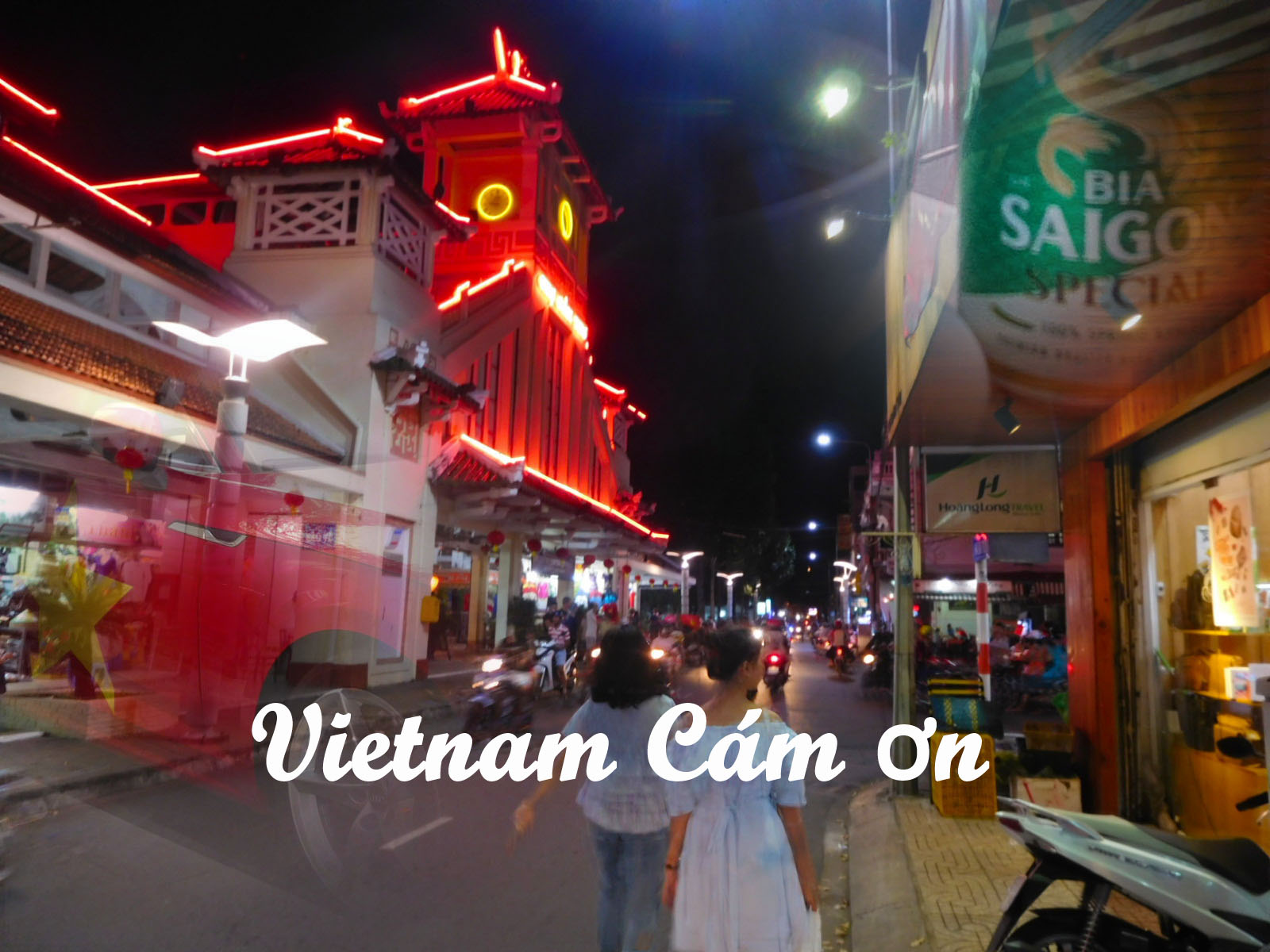ベトナムの数え年
Vietnamese counting years
ベトナムは日本と違い生まれた時に1歳とする人がおり、新年(1月1日)または旧正月(毎年違う)で年齢を加算するので、日本人の数え方だと2歳も違ってくることがある。だから、何歳?と聞くのではなく西暦何年生まれ?と聞く必要がある。
Unlike Japan, some people say that Vietnam is 1 year old when they are born, and they add their ages on the New Year (January 1) or the Chinese New Year (different every year), so the number of Japanese people will differ by 2 years. Sometimes. So, instead of asking how old are you, you need to ask what year were you born?
日本では加齢する時刻は誕生日前日が満了する24時であるため誕生日の価値があるが、ベトナムでは誕生日前にすでに加齢されているため誕生日の価値が薄れているのではないか?
In Japan, the aging time is 24 o’clock the day before the birthday expires so it is worth the birthday, but in Vietnam it is already aging before the birthday so the value of the birthday may be weakening?

ベトナムの姉妹の不思議
Vietnamese mystery of sisters
ベトナム南部では昔からの習慣で長子を2番目(chi hai,anh hai)と呼ぶ。理由を聞いてもよくわからないらしいが、1番目の子供でも2番目の子供、3人目でも4番目と答えることがあるので、注意した方が良い。2番目の兄と紹介されたのに実は長男で驚いたことがある。
In southern Vietnam, the oldest son is called the second (chi hai, anh hai) because of traditional habits. It seems that you don’t understand why, but you may answer that the first child is the second child, and the third child is the fourth, so be careful. In fact, I was surprised to be the eldest son even though I was introduced as my second brother.
同じ日本でも東京と大阪では習慣や文化が違うので、海外に行った時はその国の習慣や文化を尊重しないと大きなトラブルになってしまうことがある。日本ではおつきあいする前に両親にあいさつに行くことはないが、ベトナムでは当たり前のことだ。
Even in the same Japan, Tokyo and Osaka have different customs and culture, so if you go abroad, you may have a big trouble if you do not respect the customs and culture of that country. In Japan, I don’t go to my parents before I hang out, but in Vietnam it’s normal.
にほんブログ村



コメント